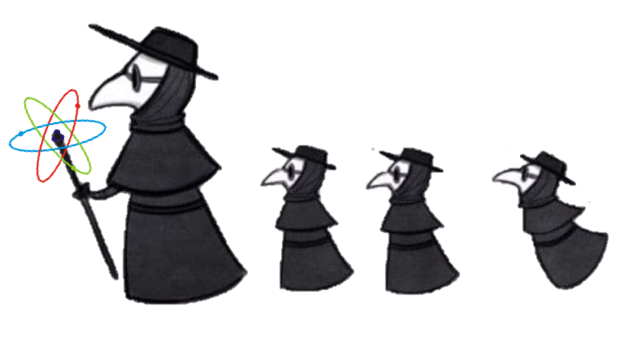The Baltic Kindergarten: Non-adult health and diet in medieval and early modern Estonia through Paleopathology and Stable Isotope Analysis
Period: 1 February 2023- 31 January 2026.
Alessandra’s multidisciplinary study investigates child diet, feeding practices, and disease in a large dataset of non-adults from medieval and early modern Estonia (13th-18th cent.) combining Paleopathology and Stable Isotope Analysis (SIA).
Applying different methods, numerous research questions regarding what medieval and early modern Estonian children usually ate, how babies were fed and weaned, as well as the links between food and diseases will be explored.
The project will have a first part performed in Tartu, and a second period of method learning in Stockholm University with Dr Gunilla Eriksson as supervisor.
During these three years, numerous isotopic methods will be applied and tested to gain the highest resolution possible about these individuals. Cross-sectional SIA allows reconstructing the general population diet, comparing non-survivors (child) and survivors (child/adult), and identifying breastfeeding and weaning ages. Incremental SIA of dentine and bone provides life-long individual dietary histories, including stress episodes. Combined with pathological data, a large-scale overview of child health and diet over 600 years will emerge, perhaps figuring out the long-term impact of famines, epidemics, and warfare on mothers and children.
The current situation of the project: during this first year, almost all the individuals for cross-sectional SIA have been sampled and some results are already available. At the same time, an intrabone sampling method is being tested to see if it can provide us with a finer resolution in interpreting the age of breastfeeding and weaning, bearing promising results.
The project is funded by the Estonian Research Council, and is the ETAg postdoctoral grant PUTJD1177.

